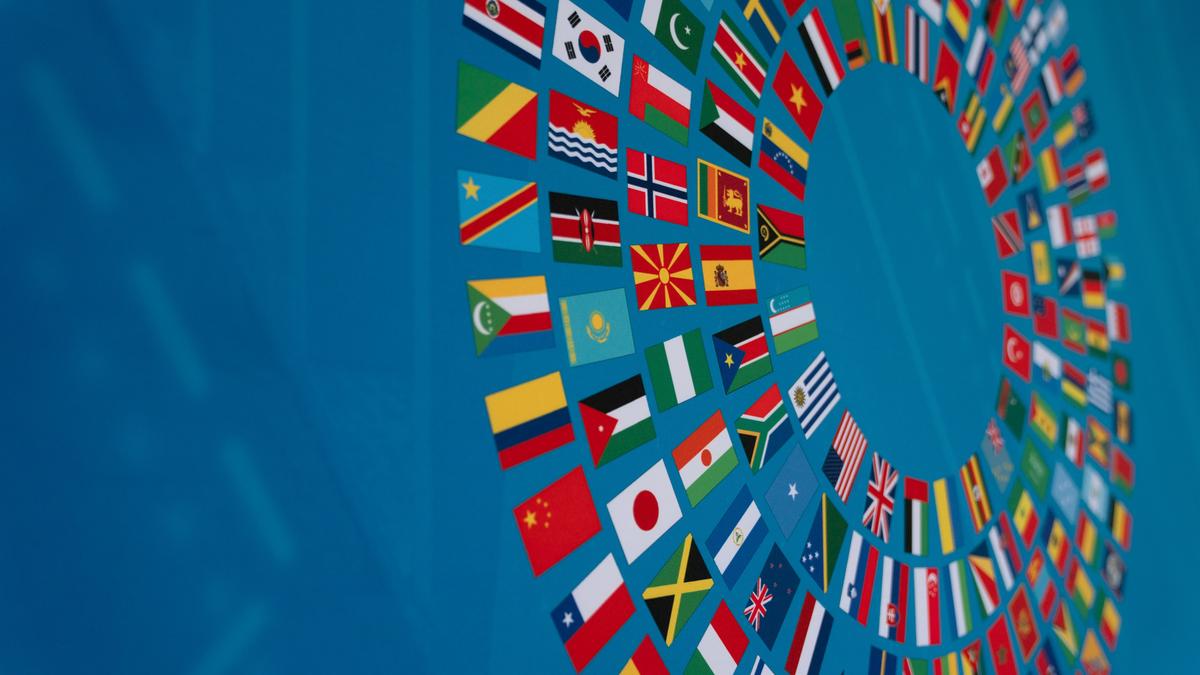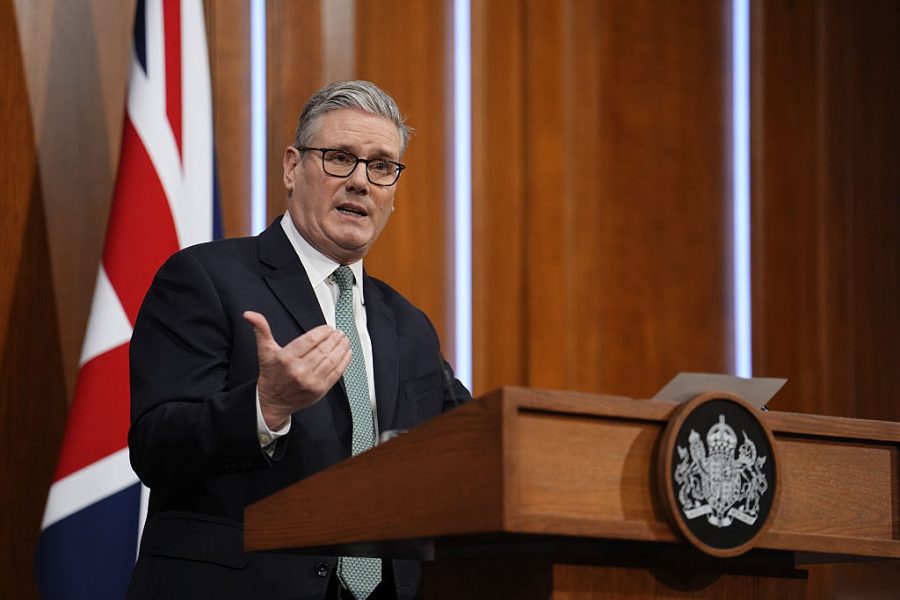
A federal judge has decided that Google will not be forced to sell its widely used Chrome browser or its Android operating system, sparing the tech giant from the most severe penalties sought by the U.S. government. This ruling, delivered on September 26, 2023, follows a previous decision in which Judge Amit Mehta affirmed that Google had established an illegal monopoly through its dominant search engine.
While the ruling has been met with relief by some in the tech sector, critics argue that it represents a missed opportunity to enact substantial reforms in an industry they believe is stifled by Google’s overwhelming influence. Advocacy groups and think tanks, long critical of Google’s practices, expressed anger over the judge’s decision, stating that it signals a lack of accountability for monopolistic behavior.
In his ruling, Judge Mehta did mandate that Google must share certain search data with competitors and prohibited the company from entering into exclusive contracts concerning the distribution of its products, such as Chrome and Google Assistant. Nevertheless, this penalty will not prevent Google from continuing to pay distributors like Apple and Mozilla, both of which feature Google as the default search engine in their browsers.
Critics of the ruling argue that these measures are insufficient. Organizations like the Open Markets Institute have criticized the decision, stating that it effectively allows Google to maintain its monopoly. The Institute’s Executive Director, Barry Lynn, remarked, “Judge Mehta’s order does nothing to right those wrongs. Instead, it lets Google know that even the most egregious violations of law will be met with a slap on the wrist.”
The ruling has sparked a significant backlash from various tech leaders and lawmakers. Nidhi Hegde, Executive Director of the American Economic Liberties Project, raised concerns about the lenient penalties imposed despite the judge’s earlier finding of Google’s illegal monopoly. “You don’t find someone guilty of robbing a bank and then sentence them to writing a thank you note,” Hegde stated.
Prominent figures in the tech industry, including the CEOs of Yelp, DuckDuckGo, and Epic Games, have also voiced their disapproval. Tim Sweeney, CEO of Epic Games, likened the situation to a criminal receiving probation for repeated offenses. He commented, “It’s like a defendant robbed a series of banks and the court verdict found them guilty, then sentenced them to probation.”
Some lawmakers, such as Senator Elizabeth Warren, have echoed these sentiments. Warren stated that the ruling fails to hold Google accountable for its unlawful behavior, characterizing it as a mere “slap on the wrist.” The chairs of the bipartisan Monopoly Busters caucus also criticized the court’s decision, claiming it undermines efforts to regulate tech monopolies effectively.
The decision has also attracted condemnation from human rights organizations. Amnesty International argued that Google’s business model is predicated on pervasive surveillance and that breaking up its search business could have been a pivotal move toward a digital world that respects user rights. Agnès Callamard, the organization’s Secretary General, emphasized the potential for significant reform that this ruling has squandered.
In stark contrast, the tech industry has responded favorably to Judge Mehta’s ruling. Groups like the Developers Alliance expressed relief that the judge rejected more drastic measures proposed by the Department of Justice, which sought to divest Google of key assets like Chrome and Android. The group argued that such actions would have had disastrous repercussions for developers and the digital ecosystem.
The Consumer Choice Center also commented on the ruling, asserting that it reflects a broader sentiment within the industry that views Google’s dominance as a result of superior products chosen by consumers. Stephen Kent, the group’s media director, remarked that the government’s case appeared to punish larger players for delivering better services.
As the ruling unfolds, Google’s stock has seen a significant boost, with shares rising nearly 9% since the announcement. The positive market reaction extends to Apple, which benefits from its longstanding partnership with Google as the default search engine on its devices. Reports indicate that this arrangement contributes approximately 15% to Apple’s operating income.
As the tech landscape continues to evolve, particularly with the emergence of artificial intelligence, Judge Mehta’s ruling may have implications for how future antitrust cases are approached. The rapid changes in technology have led some experts, like Jennifer Huddleston from the Cato Institute, to suggest that innovation may serve as a more effective form of competition policy than traditional regulatory measures.
Google is scheduled for a separate hearing later this year regarding its practices in online advertising technology, which will further test the boundaries of antitrust enforcement in the digital age. As stakeholders on all sides of the debate prepare for what may come next, the ruling stands as a significant moment in the ongoing conversation about monopoly power and competition in the tech industry.







